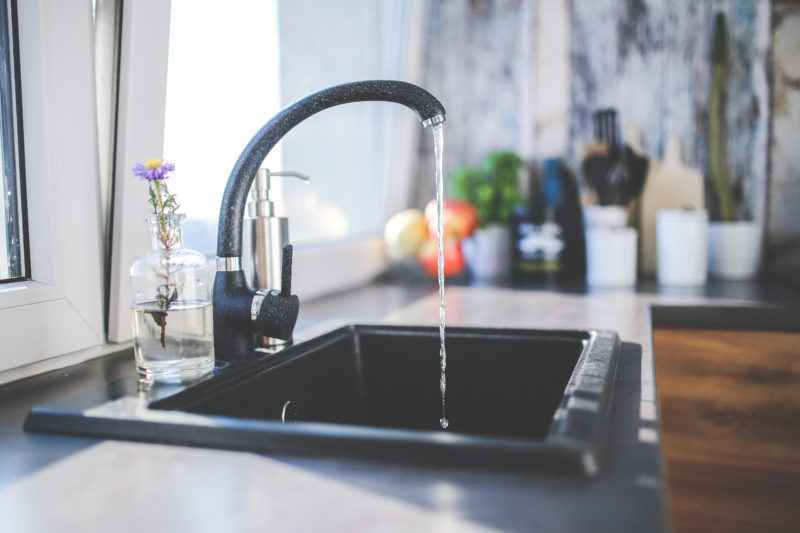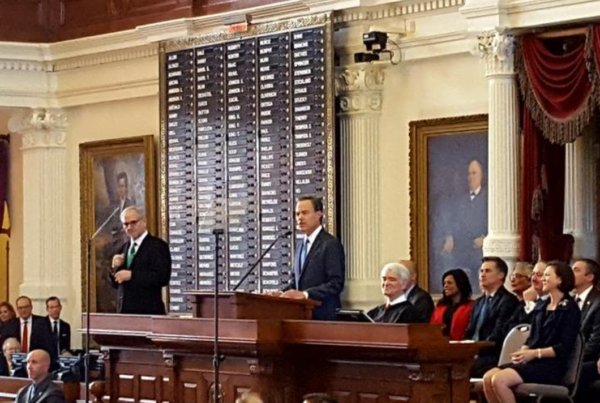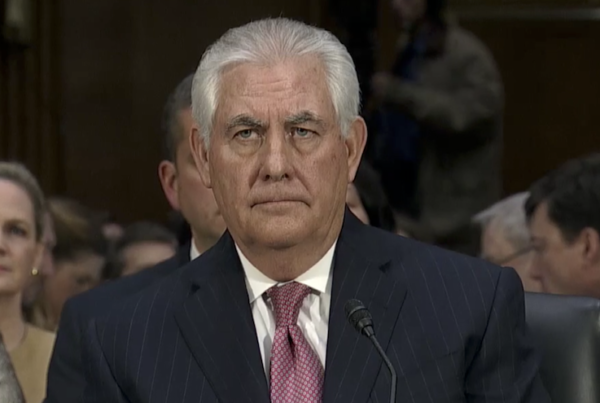Public concern about water safety has steadily risen following a series of national and statewide water scares. The lead in the water scandal in Flint, Michigan caused national outrage and concern. And recent local contamination scares in Corpus Christi and San Benito, Texas have put the state on notice to remain vigilant closer to home.
In December, Corpus Christi was disallowed from using tap water for any purpose after concerns about 24 gallons of asphalt emulsifier penetrating the water supply. Tuesday, San Benito lifted its boil water notice that had been in place due to fears that low water pressure could cause contamination.
Texans aren’t strangers to water concerns, but typically they revolve around the access and sustainability of public water resources. Along with worries about the quantity water, concerns now include the quality of water.
Professor Marc Edwards with Virginia Tech has one idea about the source of the nations’ water problems.
“It results from bad government in some cases, but more commonly bad infrastructure” Edwards says.
This could include infrastructure like old lead and iron pipes. Edwards says the decaying infrastructure is having both a tangible and psychological effect: disasters are occurring, but also public trust in cities’ groundwater is eroding.
But failing infrastructure may not be the sole culprit of lower water quality – conservation itself may be the cause for the decline. Texans looking to lower their electric bill by turning down the temperature in their water heater can cause a more beneficial environment for bacteria growth. And using less water means water is stationary for longer periods between the treatment facility and the home tap.
Solutions to declining water quality range from expensive infrastructure upgrades to some fixes individuals can do in their homes, Edwards says. A shower filter can help remove impurities and increasing the temperature of your water heater can increase water quality.
But when it comes down to it, Edwards says, the most important factor in water quality is modernizing city infrastructure.
“You can only neglect your water infrastructure so long before you lose civilization as you know it,” Edwards says.
Written by George Economos.
















